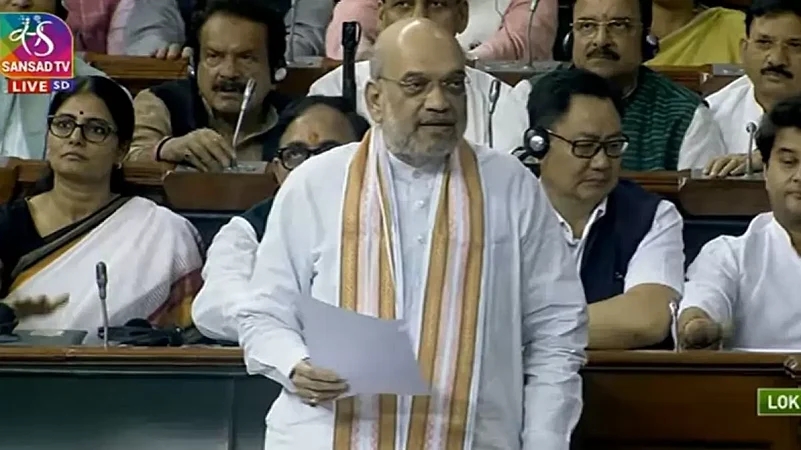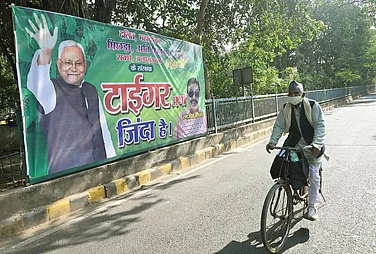The Centre has introduced three new Bills in Lok Sabha to replace Indian Penal Code, Code of Criminal Procedure and Indian Evidence Act. Union Minister of Home Affairs Amit Shah says in the Lok Sabha that the new bill on IPC will completely repeal the offence of sedition. The Bills were tabled even as opposition MPs staged a boycott from the House.
The IPC was introduced by the British in the year 1860 and has been the core of the criminal justice system of the country for more than 160 years. Bharatiya Nyaya Sanhita, 2023 will be established in place the Indian Penal Code, 1860; Bharatiya Nagarik Suraksha, 2023 will replace the Criminal Procedure Act, 1898; and Bharatiya Sakshya Bill, 2023 will replace the Indian Evidence Act, 1872.
While introducing the Bills, Amit Shah says, "From 1860 to 2023, the country's criminal justice system functioned as per the laws made by the British. The three laws will be replaced and there will be a major change in the criminal justice system in the country..."
Important provisions in the bills
Union Minister Amit Shah said in the Lok Sabha that the new bill on IPC will completely repeal the offence of sedition. However, the Bill includes a new offence on acts of secession and armed rebeliion.
"Whoever, purposely or knowingly, by words, either spoken or written, or by signs, or by visible representation, or by electronic communication or by use of financial mean, or otherwise, excites or attempts to excite, secession or armed rebellion or subversive activities, or encourages feelings of separatist activities or endangers sovereignty or unity and integrity of India; or indulges in or commits any such act shall be punished with imprisonment for life or with imprisonment which may extend to seven years and shall also be liable to fine," Section 150 of the Bharatiya Nyaya Sanhita says.
The Centre also plans to introduce provisions of capital punishment, jail for 7 years and life imprisonment in mob lynching cases. One year imprisonment for bribing voters during elections has been introduced under Bharatiya Nyaya Sanhita.
Meanwhile, in cases of gangrape, 20-year imprisonment and life imprisonment have been introduced. In cases involving girls less than 18 years old, provision of capital punishment has been made.
"The aim will not be to punish, it will be to provide justice. Punishment will be given to create a sentiment of stopping crime," Amit Shah added.





















